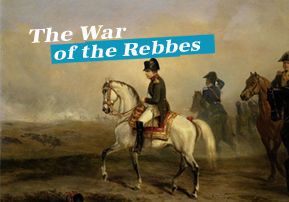
The War of the Rebbes
During the time of the Napoleonic War with Russia, there were three prodigious Chassidic Rebbes, the spiritual leaders of Poland, Russia and the Ukraine, who dictated history…

The Heavenly Court was in an uproar. Shouts from the left side of the courtroom thundered, saying, "Let Napolean win the war!" A din of double decibels echoed from the right of the courtroom bellowed, "Russia must win this war!" In the middle of the courtroom on High, a cloud of fire camouflaged the Heavenly Throne, where the Almighty – the Supreme Justice – listened intently to both sides…
Few know the true history of the Napoleonic War with Russia. To understand exactly what happened, we must remind ourselves of a Talmudic principle: when there is a lack of peace among the Torah scholars, there is a lack of peace among the administering angels of the nations, which ultimately manifests itself in war down here on earth (see Tractate Berachot 16b).
So what happened? An elderly Chassidic man of piety gave me this explanation, which is rooted deeply in Chassidic tradition:
During the time of the Napoleonic War with Russia, there were three prodigious Chassidic Rebbes, then the spiritual leaders of Poland, Russia and the Ukraine, to whom tens of thousands of people flocked to for blessings, advice and encouragement. The three were Rebbe Yaacov Yisroel "the Chozeh" of Lublin, Rebbe Yisroel the Maggid of Koznitz and Rebbe Menachem Mendel of Rimnov. Although the three were 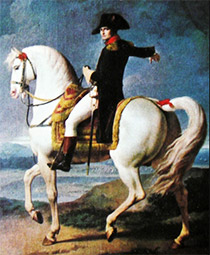 best friends with indescribable esteem for each other, they were engaged in a bitter argument, as to what would be best for the Jewish People.
best friends with indescribable esteem for each other, they were engaged in a bitter argument, as to what would be best for the Jewish People.
Rebbe Menachem Mendel of Rimnov prayed with all his might that Napoleon would win the war and emancipate the downtrodden Jews of Russia and the Ukraine, who suffered unspeakably from pogroms, Cossacks and the Czar's evil decrees. He was sure that if the Jews enjoyed emancipation, full rights and equal opportunity, Jewish life would flourish. The Jews would be free to build new synagogues, mikvas and Torah institutions. Everything would change for the better.
The Chozeh of Lublin and the Maggid of Koznitz vehemently disagreed with Rebbe Mendel'e Rimnover. They were sure that if the heavy Czarist boot of oppression would be lifted from Jewish necks, the Jews would quickly return to being a stiff-necked people, going away in droves from Torah. They felt that French-style emancipation would lead the Jews to mass assimilation and intermarriage, and they feared for the fate of their people, lest Russia lose the war to Napoleon. The reason that the war was such a struggle was because the prayers of The Chozeh of Lublin and the Maggid of Koznitz were struggling against the prayers of Rebbe Mendel'e Rimnover in the Heavenly Court. The angels created by each side's prayers were the ones who were shouting at each other up there.
Ultimately, Hashem decided, and Napoleon lost to the Russian winter. Was this good for the Jews? Emuna teaches us that everything Hashem does is good for us, whether or not we understand.
What do we learn from this?
Hashem cherishes the opinions of all the true tzaddikim. The Gemara (Moed Katan 16b) teaches that a tzaddik decrees and Hashem implements the decree. But, as we learn in the aforementioned Tractate Berachot, opposing decrees of tzaddikim leads to strife. One thing is sure – only Hashem can mediate the opposing opinions of the great tzaddikim. It's dangerous for us down here to take sides, for it's like getting between two locomotives that are about to collide head-on…
In recent Jewish history, we've seen bitter disagreements among tzaddikim, like the ones between the Satmer Rebbe osb'm and Rebbe Aaron Kotler osb'm, or between Rav Shach osb'm and the Lubavitcher Rebbe osb'm. All these tzaddikim defy description and we cannot fathom their holiness, their Torah scholarship and their lofty spiritual levels. We are solemnly obligated to love and respect them all. If they disagree, let Hashem decide. Meanwhile, each person should follow his/her own rabbi and spiritual guide. Blessings for a wonderful New Year 5778 and an inscription in the Book of Life for everything good, amen!


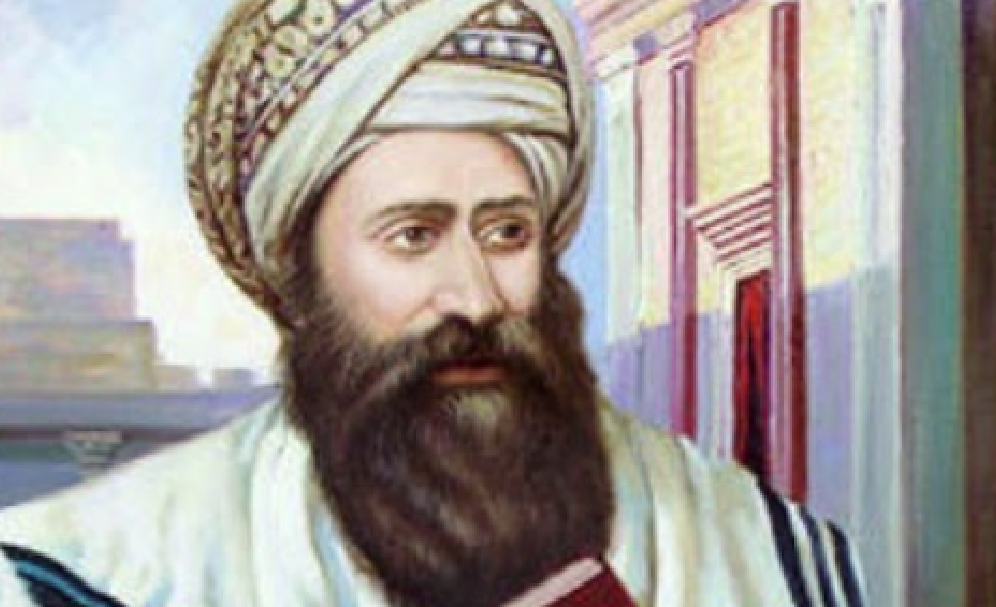
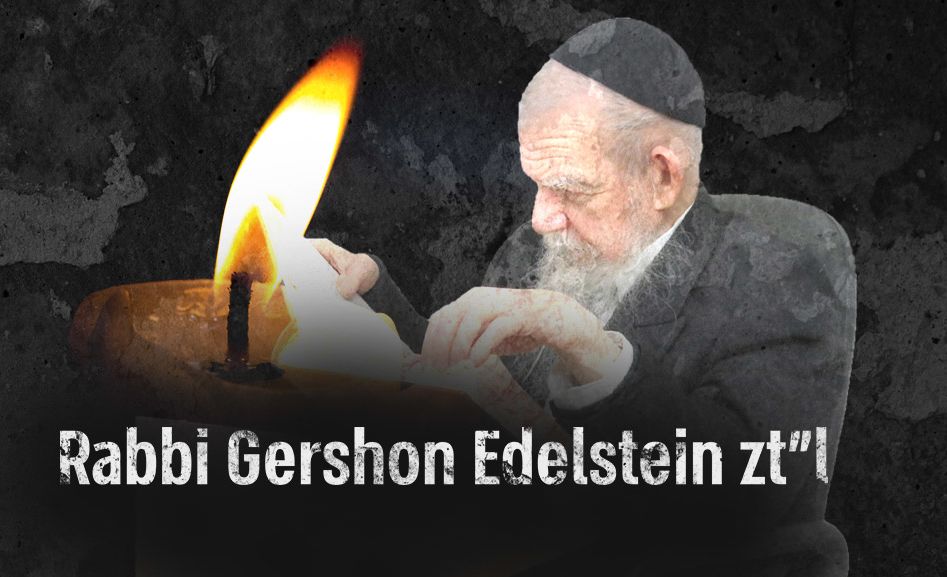
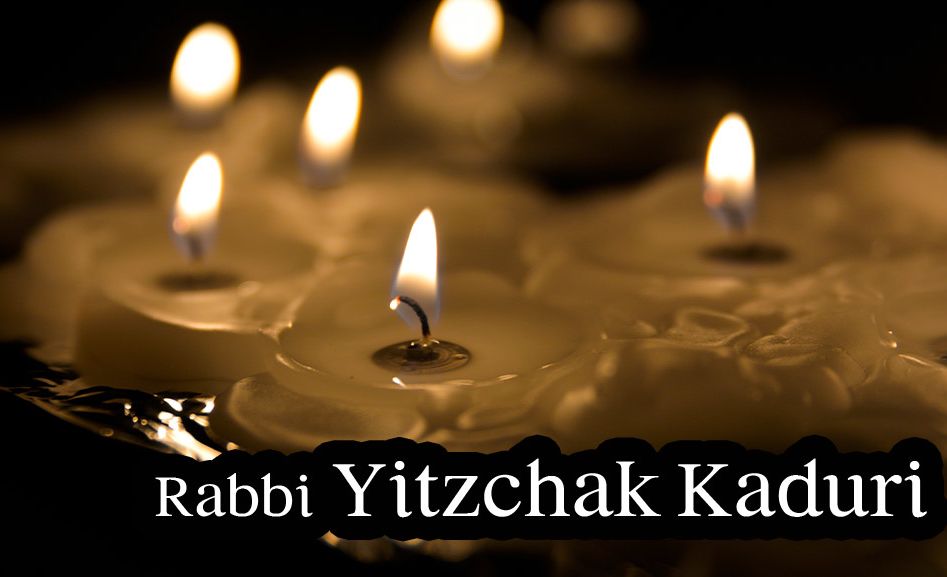
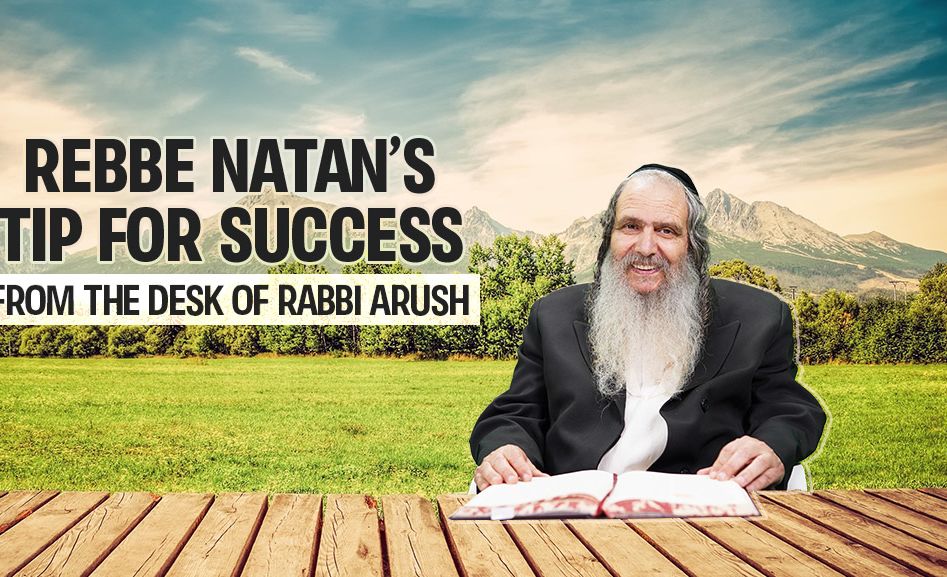

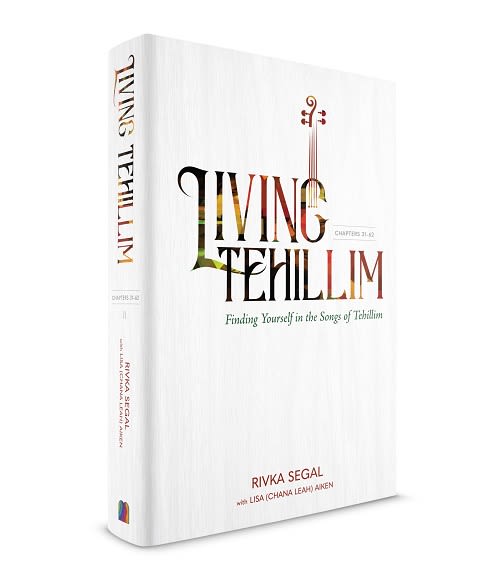
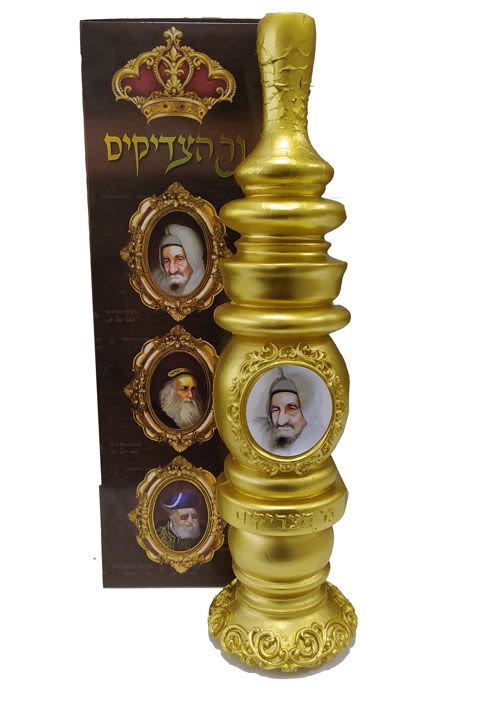
Tell us what you think!
Thank you for your comment!
It will be published after approval by the Editor.